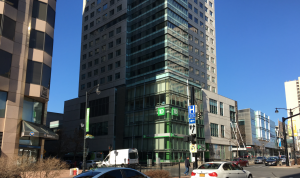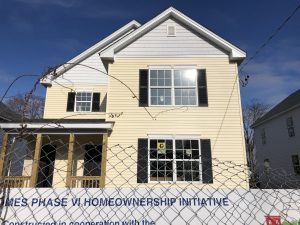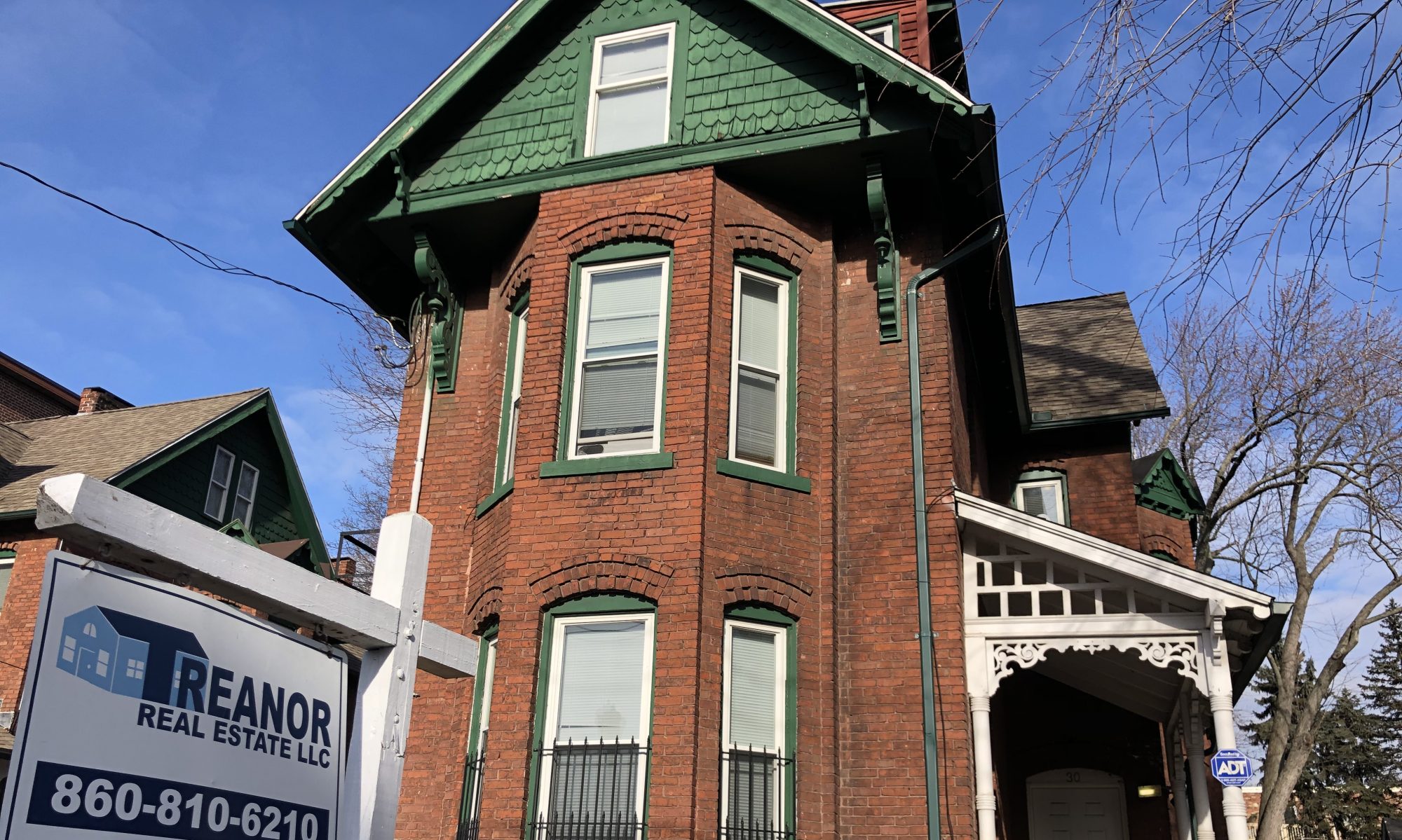What can be done?
Fixing Hartford’s homeownership issues will not be easy. In order to create meaningful change, many different forces will have to come together. We envision our community partner, “Breakfast Lunch and Dinner” using our findings as a way to inform the work that they do. Additionally, there is much more that state government, city government, and developers can do to advance and promote homeownership in the city.
Possible solutions to residents’ direct issues of obtaining mortgage loans could be:
Create more bank branches in the distressed neighborhoods of Hartford.
One resident in the Upper Albany neighborhood noted, “If you go to a bank and the managers are from the urban community or understand the urban community, then they may be the same race and they may understand that everybody gets into financial trouble”.
This resident then went on to describe a bank that she is familiar with in Hartford called “Franklin Trust”. She says that this bank “really works with the community…and gives residents the opportunity to work with different loan programs”. This bank is located on Franklin Avenue in the South end of Hartford.

One of the main points made on the “Connecticut Fair Housing Tour” run by the Connecticut Fair Housing Center is that banks are inaccessible for most people within Hartford. Additionally, an overwhelming amount of banks are concentrated into the downtown Hartford area, a neighborhood that has a small amount of residents yet a large amount of suburban-based corporate and government workers.
The state of Connecticut needs to recognize the scope of this problem in its capital city and take meaningful steps to fix it. If it is easier and more friendly for hard-working residents to obtain a mortgage loan, then there will be more home owners in Hartford. In turn, this will uplift the city and ultimately the state.
Lobby for more government funding for programs to educate local residents about the importance of good credit.
Another resident of Upper Albany said that she has struggled to understand all of the nuances surrounding credit; “I wish I would have known about credit cards….Sometimes one credit card is enough, and I think that is a lot of the trouble that most people get into because they are not educated on getting credit cards and paying bills”.
Of the thirty residents that we spoke to, no one was able to specifically talk about programs meant to help residents with low credit. This is a significant problem because there are many programs within the city that are designed to help these types of people. Programs like “The Hartford Community Loan Fund” strive to assist residents in need however companies like this can always try to improve their presence and accessibility within the city.
Converting old apartments/abandoned buildings into condos
Additionally, Hartford’s housing stock needs to be re-addressed in order to increase market profit. More dialogue regarding condo conversions and landlord training should occur. These are efforts that can be made without seriously altering the housing stock or the finances of the city or its developers. The city must commit to continuously searching for versatile developers who are young, have a tangible link to the city, and are willing to promote development in all corners of the city. Below is an article about a young developer who is converting an abandoned building into condos in downtown Hartford.

